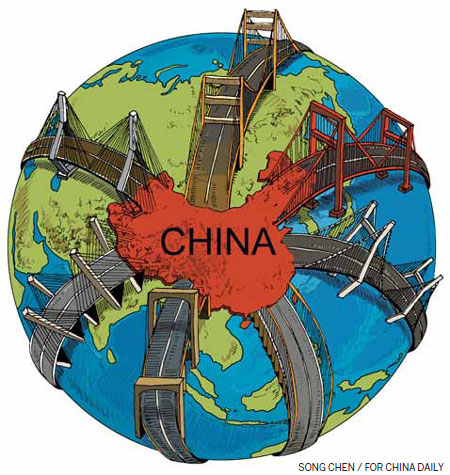What Is Sinocentrism In Chinese History?
SINOSENTRISM – In this article, we will learn and discover about what sinocentrism is in Chinese history.

Sinocentrism is an ethnocentric political belief that China is the political, cultural, and economic center of the world. It also has a Sinocentric system in place.
This was a hierarchical model of international relations that was ruled by China. They were on top until the Qing Dynasty was weakened in the second half of the 19th century.
The countries that surrounded China was considered as vassals. Some of these countries include Japan, Korea, and Vietnam.
Relationships between the Chinese empire and the people from these countries were seen as tributary relationships. These countries would offer tribute to the emperor of China and received titles and privileges in return.

Based on an article from the New World Encyclopedia, the sinocentric system believed that China only had one emperor. This person was the “Son of Heaven” who also had divine qualities.
Rulers of other countries had lesser titles such as king or Wang. Adding to his, people from outside China were seen as barbarians.
However, under the Ming Dynasty, the tribute system entered its peak. The states were now classified into a number of groups.
The southeastern barbarians included some of the major states of East Asia and Southeast Asia, such as Korea, Japan, the Ryūkyū Kingdom, Annam, Cambodia, Vietnam, Siam, Champa, and Java.
But, the British refused to acknowledge China. In 1842, the British defeated China in the First Opium War.
With this, the Qing authorities signed the Treaty of Nanjing. This gave way to several low-tariff trade ports to Britain.
This allowed better trading routes for Brittain. Adding to this, British missionaries were now allowed to work in China.
Like this article? READ ALSO: Commercial Revolution – What Are Its Impacts? (Answers)
